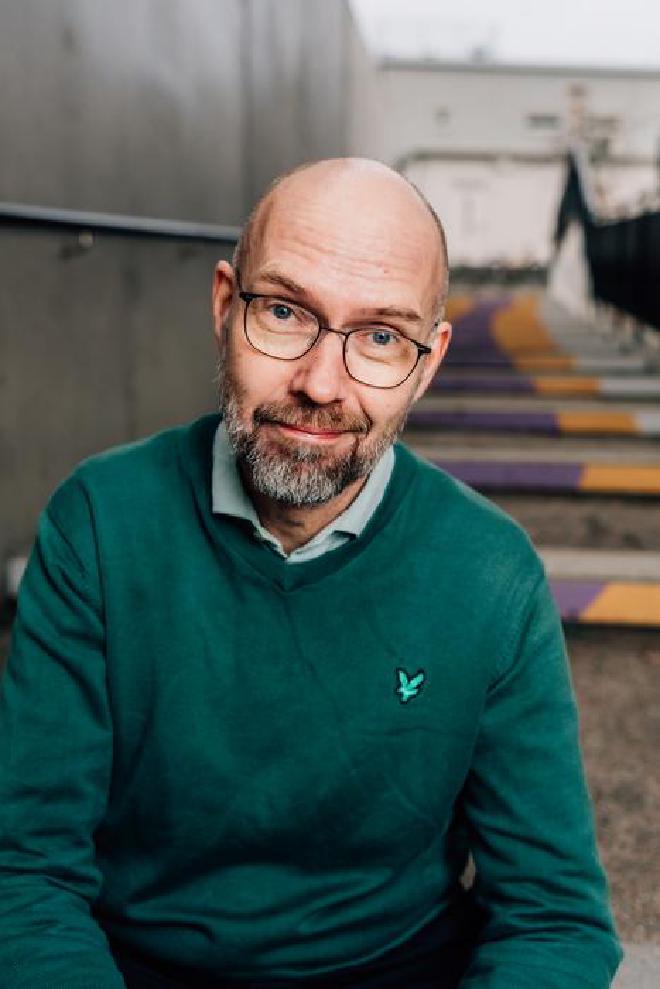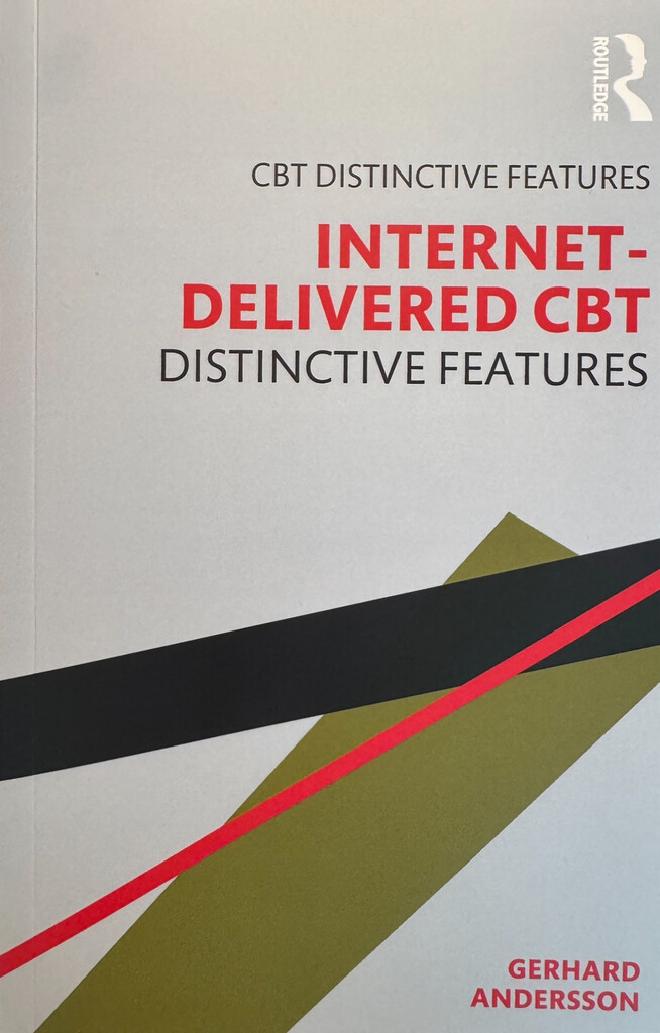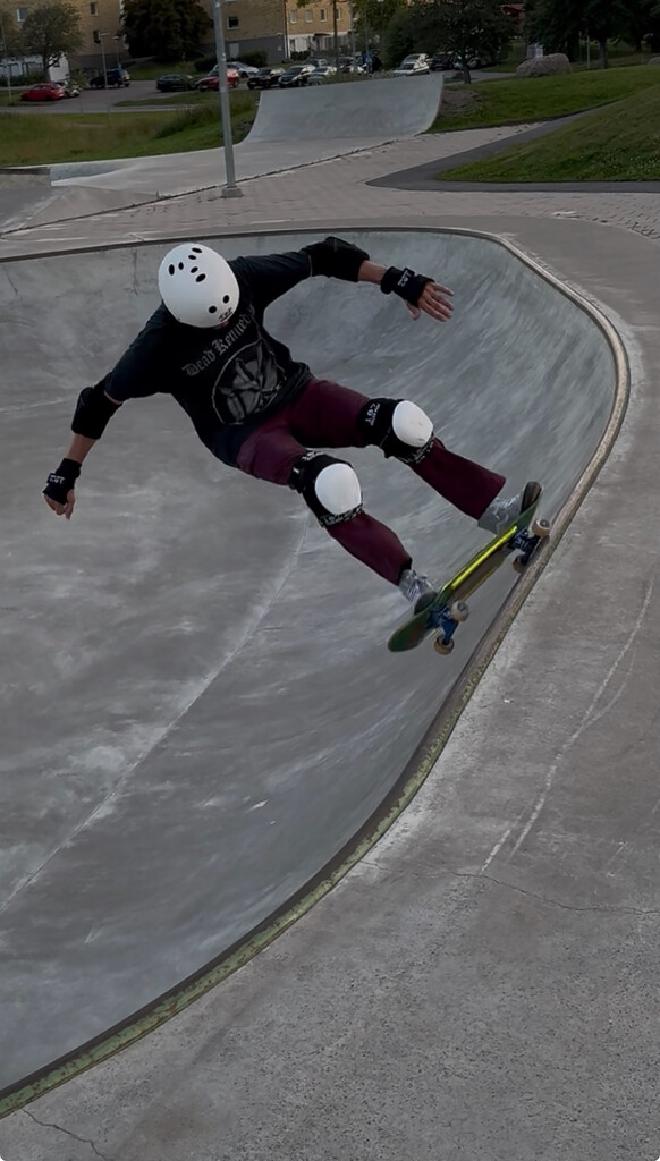

In a revealing interview published today in Genomic Psychiatry, Dr. Gerhard Andersson traces his extraordinary journey from skateboarding punk musician to becoming the architect of a global revolution in psychological treatment delivery. The comprehensive interview unveils how two graduate students knocking on his office door in 1998 sparked a transformation that would fundamentally alter how millions access mental healthcare worldwide.
From Uppsala Laboratory to Global Impact #
Dr. Andersson’s path to scientific prominence began unexpectedly during his third year of clinical psychology training at Uppsala University. While conducting an epidemiological study on adolescent depression with a fellow student, he discovered his passion for research that would eventually reshape psychotherapy delivery. “This sparked my interest in research,” Dr. Andersson said, describing how that first publication set him on a trajectory toward becoming Sweden’s most cited psychology researcher with an h-index of 123.
The turning point arrived when two master’s students proposed what Dr. Andersson initially considered a “crazy” concept: treating headaches through the internet. That 1998 meeting catalyzed one of the earliest controlled trials of internet-delivered cognitive behavioral therapy, launching a research program that has since produced over 200 controlled trials and transformed mental healthcare accessibility across continents. This pioneering work raises intriguing questions about how digital innovations might address other healthcare disparities and whether artificial intelligence could further democratize access to psychological support.
Building Evidence Through Rigorous Science #
The scope of his influence extends far beyond publication metrics. Having supervised 64 doctoral graduates who now advance the field globally, Dr. Andersson has cultivated a generation of researchers dedicated to expanding mental healthcare access. His receipt of both the 2017 Lifetime Achievement Award from the International Society for Research on Internet Interventions and the 2014 Nordic Prize in Medicine alongside Sweden’s Outstanding Psychologist Award underscores his dual impact on clinical practice and scientific advancement. These achievements prompt consideration of how mentorship models in academic medicine might evolve to foster similar innovation ecosystems.
Integration into Healthcare Systems #

Perhaps most significantly, Dr. Andersson’s research has transcended academic boundaries to achieve widespread clinical implementation. The treatment programs developed by his team are now integrated into regular healthcare services throughout Sweden and internationally, demonstrating that evidence-based digital interventions can successfully scale within existing healthcare infrastructures. His consistent presence on Clarivate’s Highly Cited Researchers list from 2016 to 2024 reflects the sustained relevance and application of his work.
Beyond Traditional Boundaries #
The interview by Genomic Press reveals Dr. Andersson’s commitment to expanding psychological treatment beyond conventional diagnostic categories. “The concept of clinically relevant psychological problems is a perspective that expands the traditional diagnosis-focused approach,” he explained, advocating for addressing the full spectrum of human psychological distress. His current focus includes exploring artificial intelligence applications and studying knowledge acquisition as a therapeutic process distinct from symptom reduction.
The Human Behind the Science #

What distinguishes the Genomic Press Interview is its revelation of Dr. Andersson as both rigorous scientist and creative individual. At 59, he maintains an active skateboarding practice, performing sessions two to three times weekly, and plays guitar in a trio covering genres from rock to Irish music. This integration of creative pursuits with scientific excellence challenges conventional notions about maintaining work-life balance in demanding academic careers.
Dr. Andersson attributes his success partly to being “pretty good at task shifting,” describing days that seamlessly blend morning lectures, afternoon clinical work, and evening skateboarding sessions. His ability to identify talent early, supporting students from their first year through doctoral studies and beyond, has created a multiplier effect extending his influence across the global mental health landscape. These personal insights invite reflection on how fostering creativity and maintaining diverse interests might enhance scientific innovation and resilience in research careers.
Citation #
- The article Gerhard Andersson: Innovating psychotherapy research by using the internet is freely available via Open Access Genomic Psychiatry
Contact [Notaspampeanas](mailto: notaspampeanas@gmail.com)

